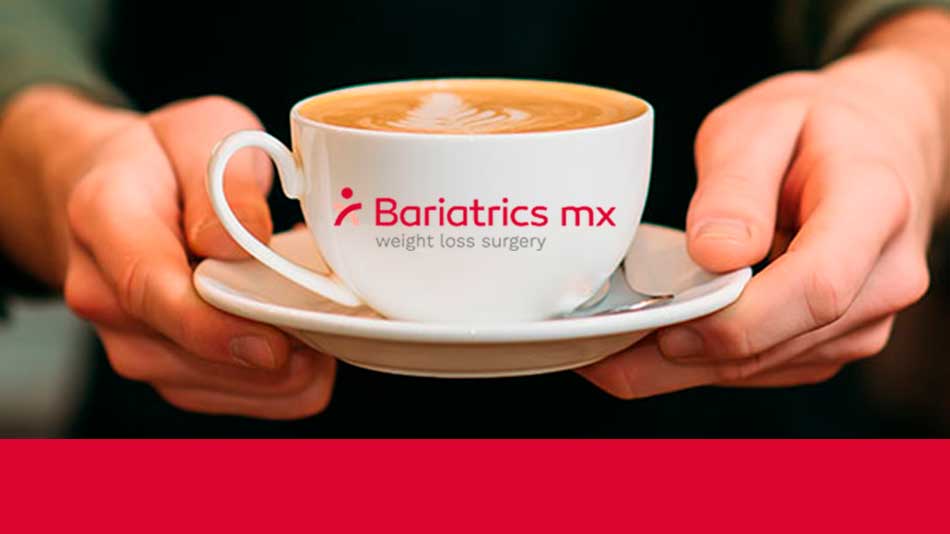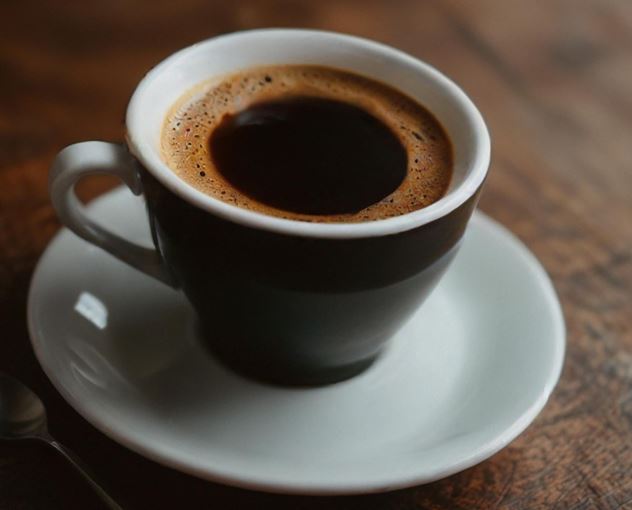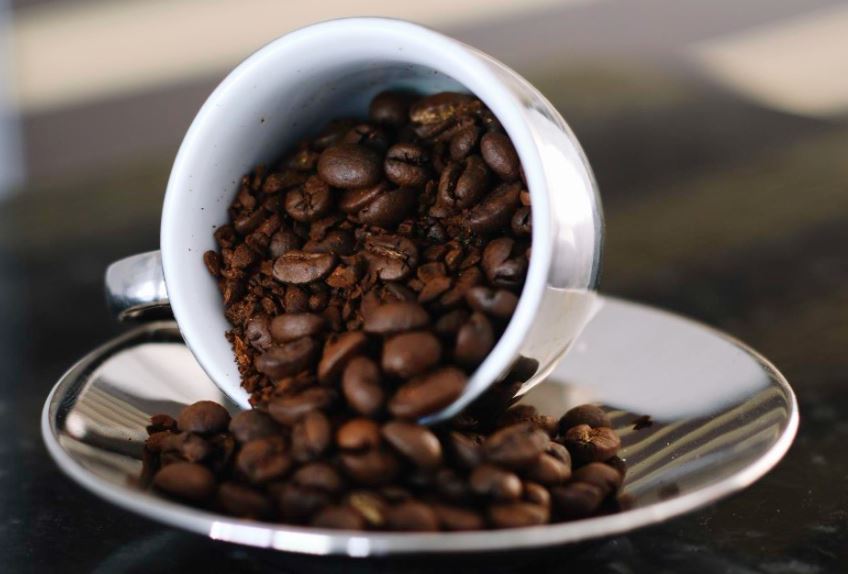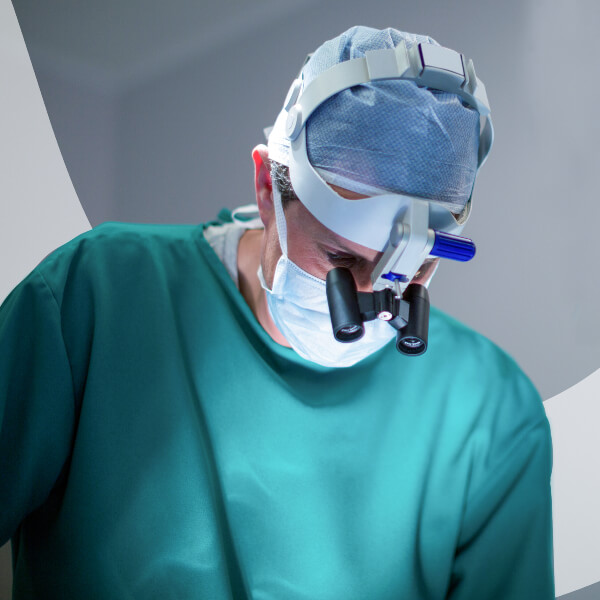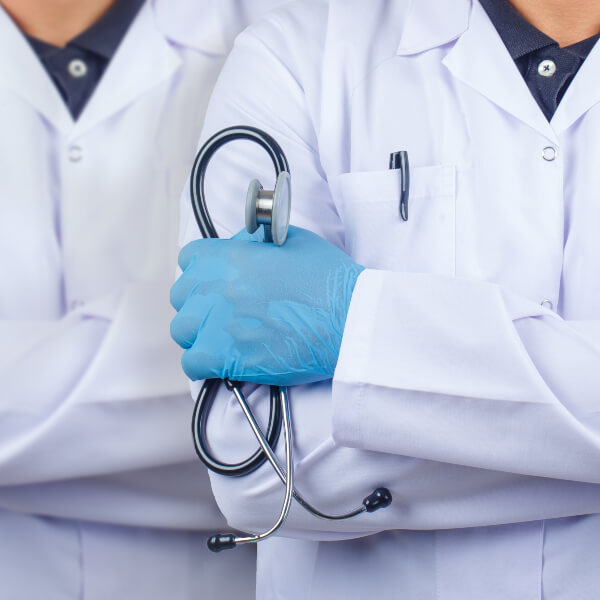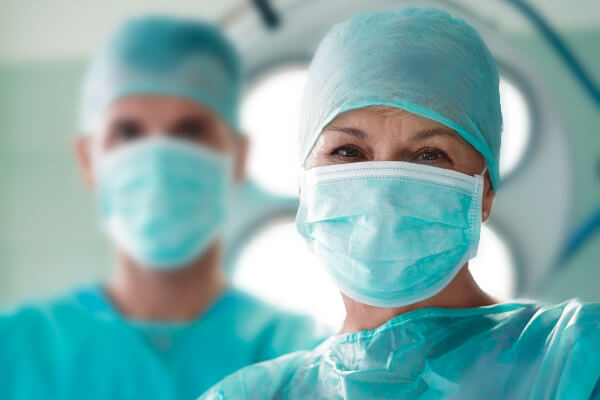Can you drink coffee after gastric sleeve surgery?
After undergoing gastric sleeve surgery, many patients wonder when or if they can return to their usual coffee routines. Coffee is a daily staple for many, offering that much needed energy boost to kickstart the day. However, it’s essential to understand how coffee can affect your body after such a significant procedure. In general, doctors recommend avoiding coffee in the initial weeks following surgery. The main concerns are its high acidity, potential to irritate the stomach lining, and its diuretic effect, which can lead to dehydration a critical aspect for patients with a smaller stomach capacity.
Effects of coffee on your stomach after surgery
Post-surgery, your stomach is more sensitive than ever. The new, smaller stomach pouch created during gastric sleeve surgery means it can be easily irritated, and coffee, with its natural acidity and caffeine content, can exacerbate this. Regular coffee consumption can lead to increased gastric acid production, causing discomfort, heartburn, or even ulcers in severe cases. Additionally, caffeine stimulates the digestive tract, which may lead to diarrhea or increased bowel movements, complicating your recovery process. It’s not just about the acidity; coffee’s diuretic nature can contribute to dehydration, which is particularly problematic after surgery, as hydration is crucial for healing and overall health.
When can i drink coffee after gastric sleeve surgery?
For most patients, it’s generally recommended to wait at least one to two months post-surgery before reintroducing coffee. This period allows your stomach to heal adequately and adjust to its new size and function. When you do decide to reintroduce coffee, start with decaffeinated versions or very diluted brews to see how your body reacts. Keep an eye on any signs of discomfort, such as stomach pain or acid reflux, and adjust your intake accordingly. It’s also a good idea to consult your healthcare provider before making any dietary changes to ensure they align with your personalized recovery plan.
Risks of regular coffee consumption after surgery
Regularly drinking coffee after gastric sleeve surgery or other types of bariatric surgery can pose several risks. One of the main issues is the potential impact on your weight loss journey. Coffee, especially when consumed with added sugars, creamers, or flavored syrups, can increase your caloric intake without you even realizing it. These extra calories can slow down your weight loss or even lead to weight gain, undermining the success of your surgery. Furthermore, caffeine can increase your heart rate and blood pressure, which may not be ideal during your recovery phase when your body is still adapting to the surgical changes.
Alternatives to coffee for gastric sleeve patients
If you’re a coffee lover struggling to cut back, there are alternatives that can provide you with similar benefits without the potential downsides. Herbal teas, especially those without caffeine, can be soothing and hydrating, offering a warm beverage option without irritating your stomach. For those looking for a caffeine boost, green tea can be a gentler alternative, though it’s still best to introduce it gradually. Some patients also enjoy chicory root coffee, which is caffeine-free and boasts a similar taste profile to coffee without the acidity.
Tips for safe coffee consumption after surgery
Should you choose to reintroduce coffee into your diet, here are some tips to minimize potential issues:
- Opt for low-acid coffee: These are specifically formulated to be less irritating to the stomach.
- Limit your intake: Start with a small amount, such as half a cup, and increase gradually based on your tolerance.
- Stay hydrated: Drink water alongside your coffee to counteract its diuretic effects.
- Avoid add-ins: Steer clear of high-calorie additives like sugar and creamers that can sneak extra calories into your diet.
- Monitor your body’s response: Pay close attention to how your body reacts and adjust your consumption as needed.
Patient experiences and testimonials
Many patients report mixed experiences when reintroducing coffee after gastric sleeve surgery. While some are able to tolerate small amounts of decaf coffee without significant issues, others find even low-acid coffee to be too harsh on their newly altered stomachs. One common theme is the importance of listening to your body and making gradual changes. For instance, a patient shared that drinking coffee too soon led to increased acid reflux, making them switch to herbal teas for the first few months. Another patient found that spacing out their coffee intake and drinking it only occasionally helped them enjoy it without disrupting their recovery progress.

